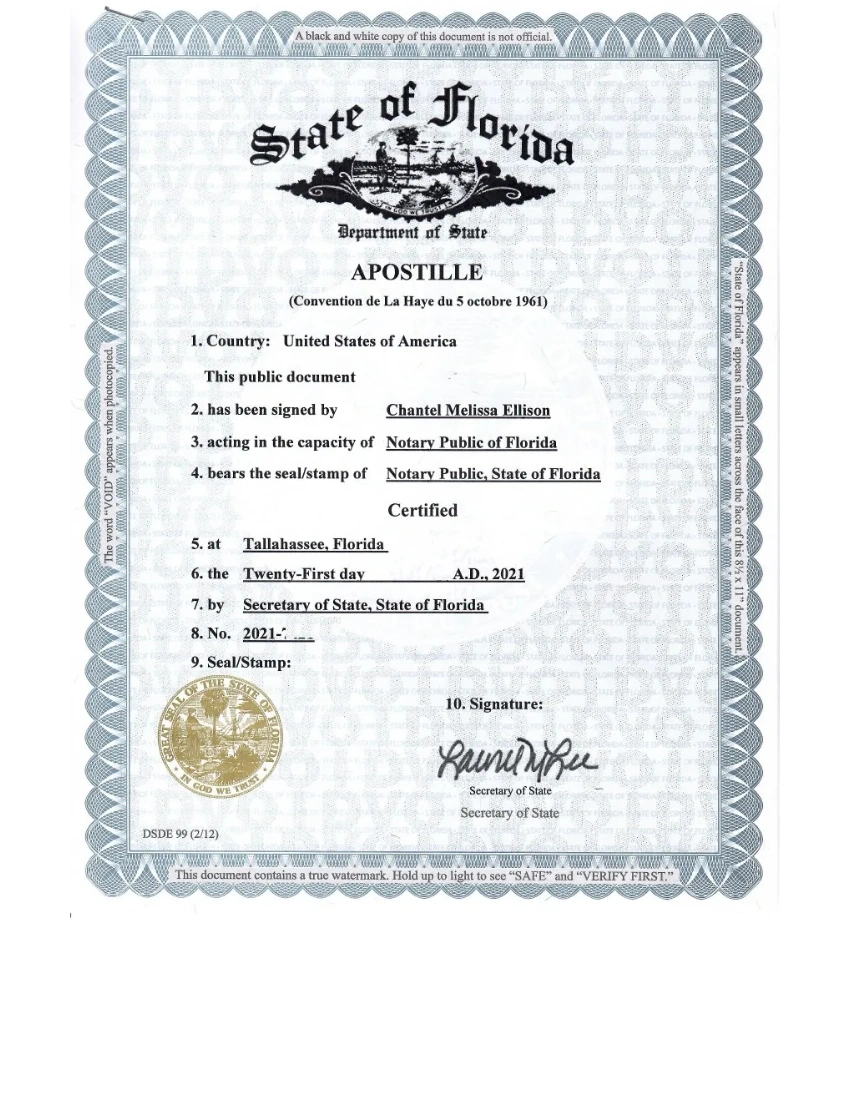Delving Into the Factors Behind the Obligatory Requirement of Apostille Certification for Legal Papers
In the realm of lawful documentation, the mandatory requirement of apostille certification has actually come to be a crucial facet that significantly affects the validity and recognition of lawful documents on a worldwide scale. Understanding the reasoning behind this need entails diving into the intricate internet of lawful complexities, historical precedents, and global arrangements that emphasize the value of apostille accreditation in today's interconnected world. By discovering the underlying reasons behind this widespread need, a more clear picture emerges of why this apparently administrative process holds such tremendous importance for people, federal governments, and organizations alike.
Historic Advancement of Apostille Accreditation
Exactly how did the principle of apostille accreditation advance in time to become a crucial part of worldwide document recognition? The historical development of apostille certification dates back to the very early 20th century. The need for a simplified technique of validating records for use throughout boundaries ended up being evident as international profession and traveling enhanced. In action to this need, the Hague Seminar on Exclusive International Law presented the Apostille Convention in 1961. This worldwide treaty developed a structured process for licensing the authenticity of papers to be identified in member countries.
Originally taken on by a few European countries, the Apostille Convention slowly obtained international approval as a result of its efficiency and effectiveness in verifying the authenticity of official papers. Over the years, the convention's reach expanded as more countries joined, recognizing the apostille as an universally approved form of document verification. Today, apostille certification has actually come to be a standard requirement for validating legal papers in international transactions, ensuring smooth interaction and lawful procedures between countries.
Simplifying International Paper Legalisation
The streamlining of worldwide paper legalisation procedures has actually considerably enhanced effectiveness in cross-border deals. Simplifying the process of legalizing papers for global use has actually come to be essential in facilitating swift and seamless deals in between countries. Among the vital mechanisms that have added to this simplification is the fostering of the Apostille Convention, which gives a standard technique for verifying the credibility of documents across taking part nations.
By sticking to the Apostille demands, nations concur to identify each other's public documents as valid without the need for additional legalization. This removes the lengthy and frequently troublesome procedure of several verifications by various authorities, conserving time and sources for organizations and people participated in global tasks.

Making Certain Record Credibility and Validity
To ensure the credibility and credibility of legal documents in global deals, strict confirmation procedures are important - Houston Apostille. Lawful documents play an important role in cross-border dealings, and guaranteeing their legitimacy is extremely important to maintain the integrity of such purchases. By requiring apostille qualification for legal papers, authorities intend to verify the origin of records and verify the trademarks of individuals entailed. This process assists avoid fraudulence, click for more info misrepresentation, and various other malpractices that might jeopardize worldwide agreements or lawful procedures.
Moreover, confirming the credibility of lawful documents via apostille certification enhances trust and confidence amongst parties involving in global deals. Ultimately, by upholding strict verification standards, apostille accreditation contributes to a more clear and secure worldwide legal framework.

Facilitating Cross-Border Legal Recognition
In the world of global transactions, the apostille certification not just makes sure the credibility and credibility of lawful files but also plays a pivotal duty in facilitating cross-border legal recognition (Houston Apostille). When lawful documents bear an apostille certificate, they are conveniently approved by foreign authorities without the need for more verification. This structured process expedites the recognition of documents in various countries, advertising efficiency and lowering bureaucratic obstacles in lawful issues that transcend nationwide boundaries
Promoting cross-border legal acknowledgment with apostille certification promotes trust and self-confidence in the authenticity of papers exchanged in between countries. This acknowledgment is specifically critical in situations such as global company purchases, adoption procedures, or lawful procedures entailing events from various jurisdictions. By adhering to the criteria established forth by the Apostille Convention, countries accept recognize the apostille seals affixed to records from various other member countries, therefore streamlining the process of legal acknowledgment across borders. Eventually, the apostille certification serves as a basic device in promoting seamless worldwide legal teamwork and making certain the smooth operation of cross-border transactions.
Conformity With International Treaty Requirements
Conformity with worldwide treaty standards is important for ensuring the consistent application of lawful policies throughout getting involved nations. The Apostille Convention, established in 1961, outlines the needs for the acceptance other of public papers among member nations.
The Apostille accreditation, as mandated by the treaty, works as a warranty of credibility for papers such as birth certifications, marital relationship licenses, court judgments, and notarized deeds. This standard method helps prevent fraudulence and guarantees that legal documents originating from one participant country are conveniently accepted in another. By abiding with international treaty criteria, nations demonstrate their commitment to promoting the principles of transparency, trust fund, and collaboration in lawful matters on a worldwide range.
Conclusion

In the realm of legal paperwork, the required requirement of apostille accreditation has actually come to be an essential facet that considerably influences the legitimacy and acknowledgment of lawful papers on an international scale. Today, apostille accreditation has actually ended up being a common requirement for validating legal papers in international transactions, guaranteeing smooth communication and legal procedures between nations.
Moreover, verifying the credibility of lawful documents via apostille certification enhances trust and self-confidence amongst events involving in global purchases.In the world of global purchases, the apostille qualification not just makes certain the authenticity and validity of legal files however also plays a pivotal role in facilitating cross-border lawful acknowledgment. By adhering to the standards set forth by the Apostille Convention, countries concur to recognize the apostille seals attached to files from other participant nations, thus simplifying the procedure of legal recognition throughout borders.
Comments on “Apostille Solutions in Houston: Streamline Your Paper Legalization”